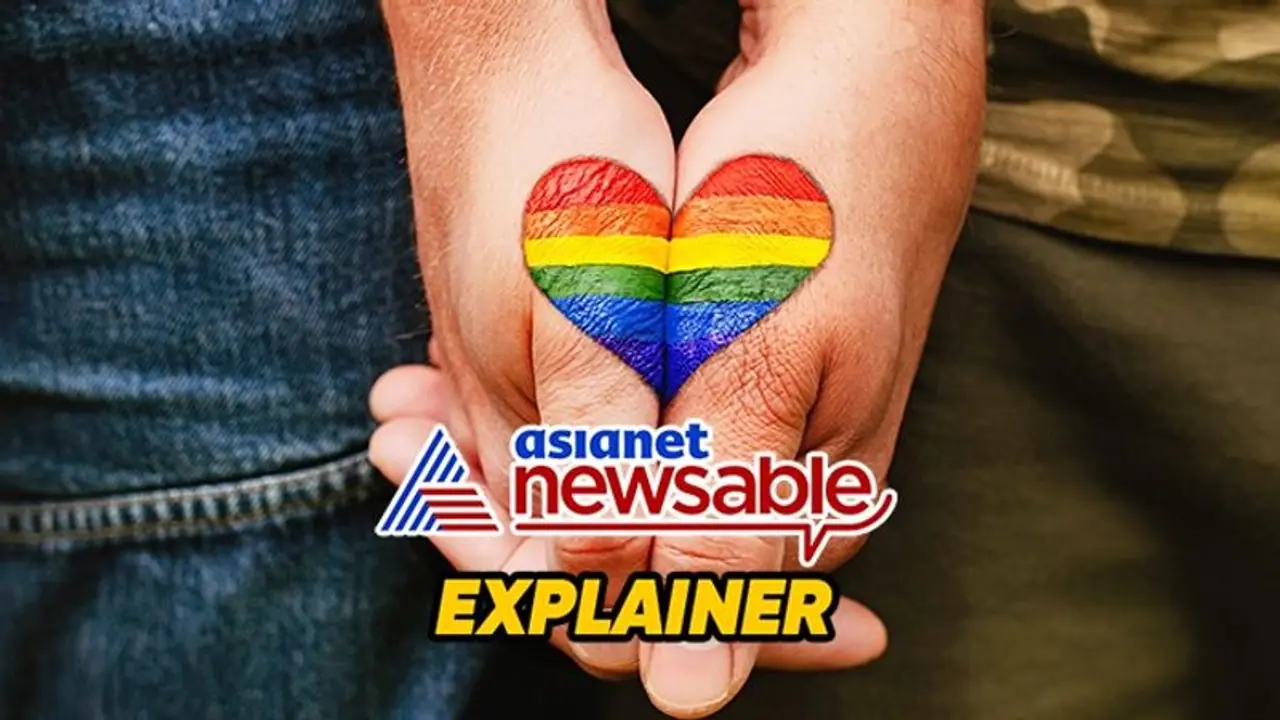The Supreme Court's decision has brought the issues of marriage equality and adoption rights for same-sex couples into the spotlight, sparking important discussions and indicating potential paths for change in the future.
Tuesday's decision by the Supreme Court regarding same-sex marriages and adoption rights for queer couples has sparked conversations across the nation. While, on the surface, the Court's choice not to legalize same-sex marriages or extend adoption rights to queer couples may appear disappointing to many, delving deeper reveals a more complex situation. Petitioners in the case have also noted several points made by the judges that could be seen as favorable to the queer community.

What's Positive in the Decision
The five-judge bench's refusal to legalize same-sex marriages is not based on an in-principle opposition to marriage equality. Rather, it hinges on legal technicalities and concerns surrounding judicial legislation. This indicates that there's room for future legal discussions on this matter, which is a glimmer of hope for those advocating for marriage equality.
All the judges on the bench unanimously recognized that queer couples are not limited to urban or elitist demographics, thereby countering a common argument made during the case by the central government. This acknowledgment underscores the diversity of the queer community and challenges harmful stereotypes.
The judges also took note of the central government's submission, which proposed setting up a panel headed by the cabinet secretary to examine the practical difficulties faced by same-sex couples. The bench endorsed the notion that these difficulties are inherently discriminatory and emphasized that the government panel must address these issues. This is a significant step towards recognizing and addressing the unique challenges faced by queer couples.
Perspective from Petitioners
Geeta Luthra, a senior advocate who represented several petitioners in the case, pointed out a crucial aspect of the judgment. She mentioned, "Even if the right to marriage has not been given, CJI has said that the same bundle of rights which every married couple has should be available to same-sex couples." This implies that while marriage equality may not be immediate, there is an acknowledgment of the need for equal rights for queer couples.
Harish Iyer, an LGBTQIA+ rights activist and one of the petitioners, also expressed optimism. He noted the positive observations made by the judges, saying, "Though at the end, the verdict was not in our favor, but so many observations made were in our favor. They have also put the responsibility on the central government." Iyer emphasized the importance of engaging with elected representatives to work toward achieving societal equality.
Anjali Gopalan, another petitioner and activist, highlighted the ongoing fight for equal rights. She expressed her disappointment with the decision but reaffirmed her commitment to the cause, stating, "We have been fighting for long and will keep doing so." She emphasized that despite the setbacks, denying basic rights to citizens is a democratic concern that requires ongoing advocacy.
Concerns of Delay and Future Prospects
The central government's proposal to establish a panel to address practical issues faced by same-sex couples remains a concern. As of now, there has been no update on whether this panel has convened or made progress in discussions.
The rights of same-sex couples may not be a central issue in upcoming general elections, which may impact the government's priorities. Legalizing same-sex marriages is likely to face resistance, including from religious organizations. Political ramifications and societal divisions add complexity to the road ahead.
Key Observations from the Judgment
- Chief Justice of India DY Chandrachud stressed the importance of not restricting an individual's right to enter into a union based on sexual orientation.
- The Chief Justice emphasized that any changes to the Special Marriage Act should be decided by Parliament, not the court.
- The majority of petitioners had challenged various marriage laws that denied same-sex couples the right to marry. The court clarified that it would only examine the Special Marriage Act.
- The Chief Justice supported the right of same-sex couples to adopt children, though this stance was not unanimous among the judges.
- Justice SK Kaul emphasized that non-heterosexual and heterosexual unions should be seen as equal, offering an opportunity to remedy historical injustice.
- Justice S Ravindra Bhat, reading the majority judgment, agreed that "queerness is neither urban nor elitist" but argued that creating a legal framework for queer couples should be left to the legislature.
- Justice Bhat also expressed concerns about unintended consequences of a gender-neutral interpretation of the Special Marriage Act.
- Opposing the minority judgment on extending adoption rights to same-sex couples, Justice Bhat called for a review of legislative schemes that exclude such couples from various benefits.
